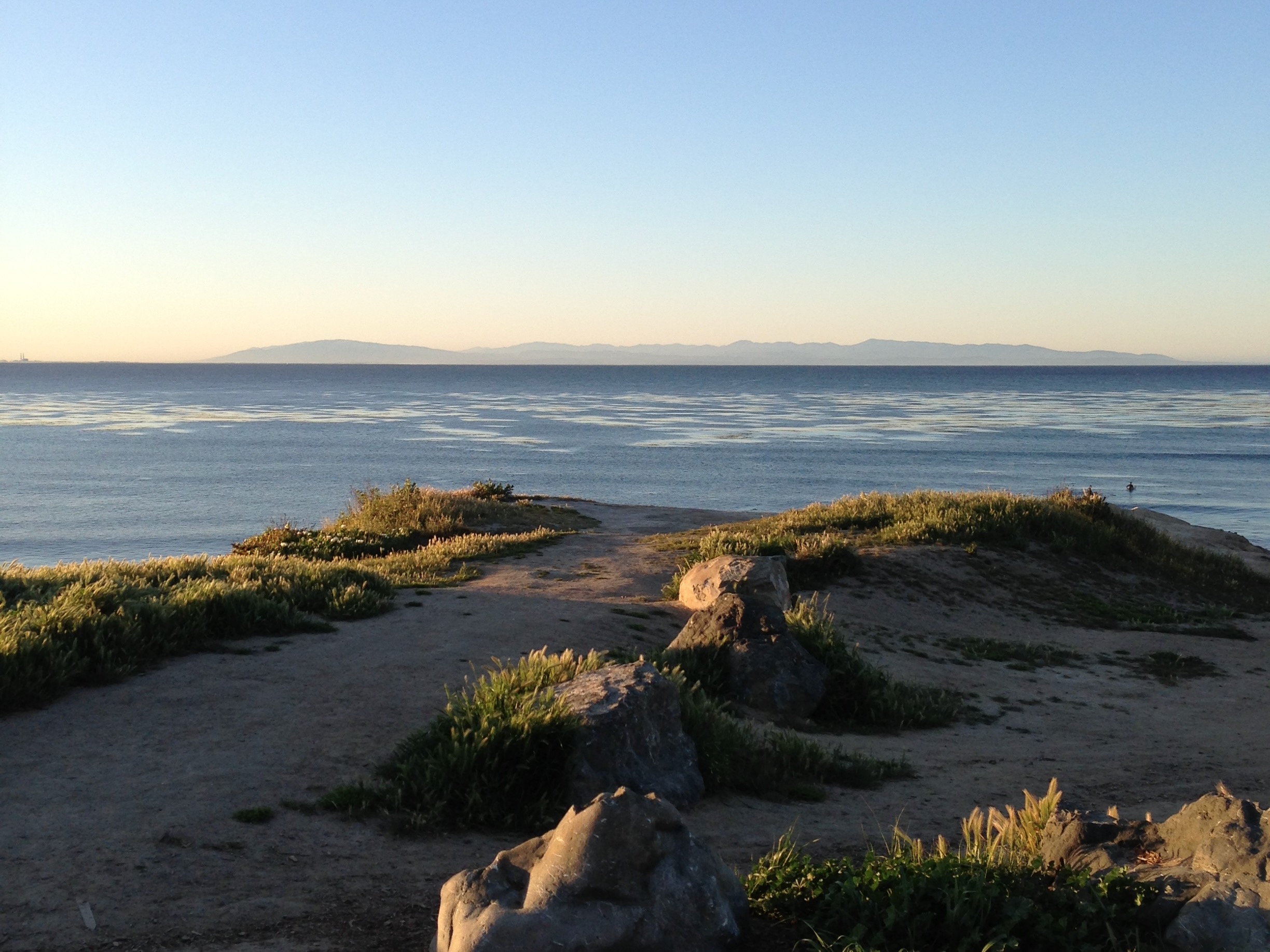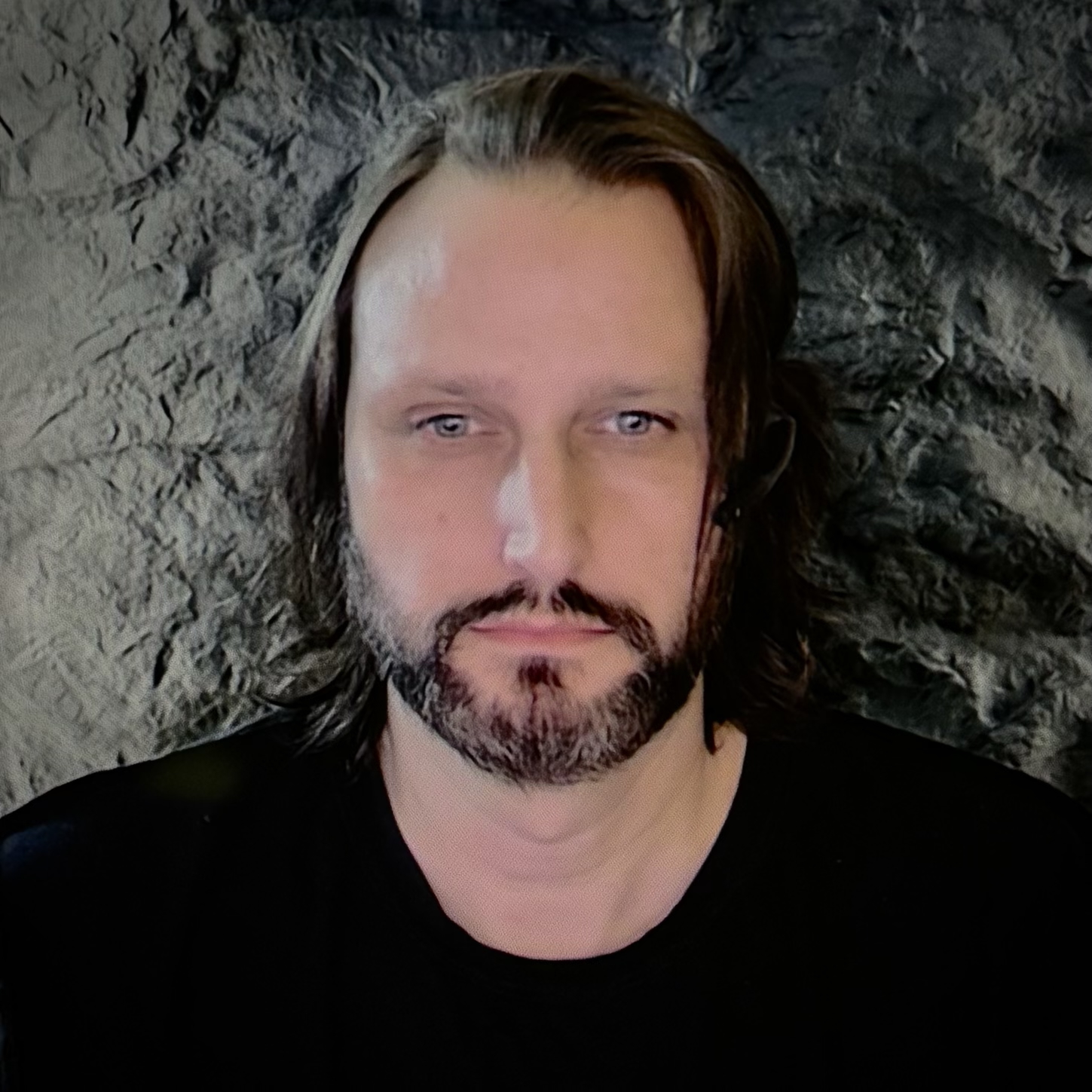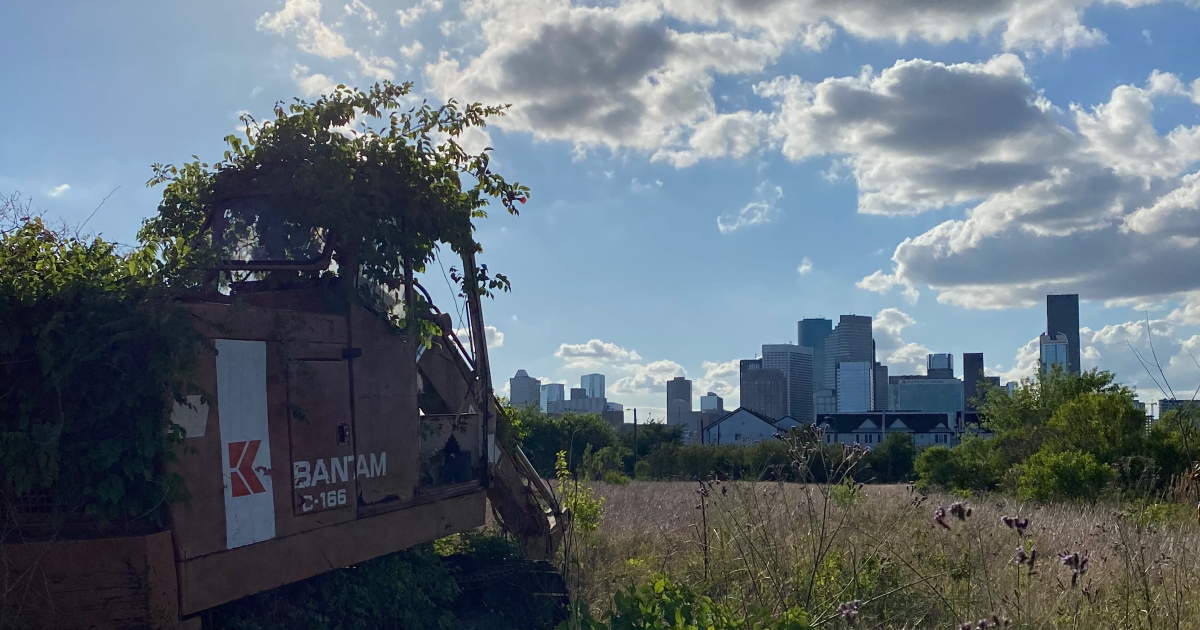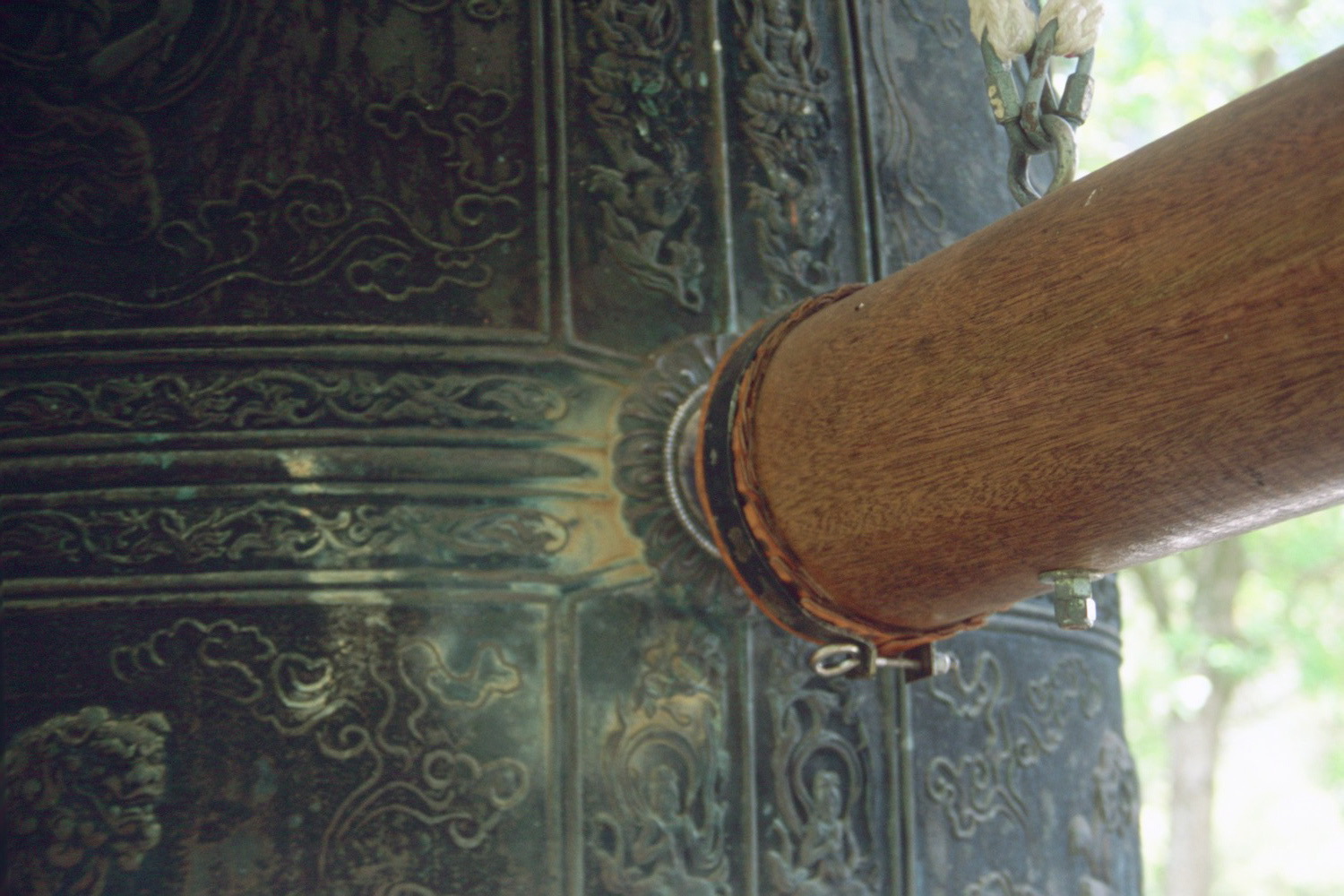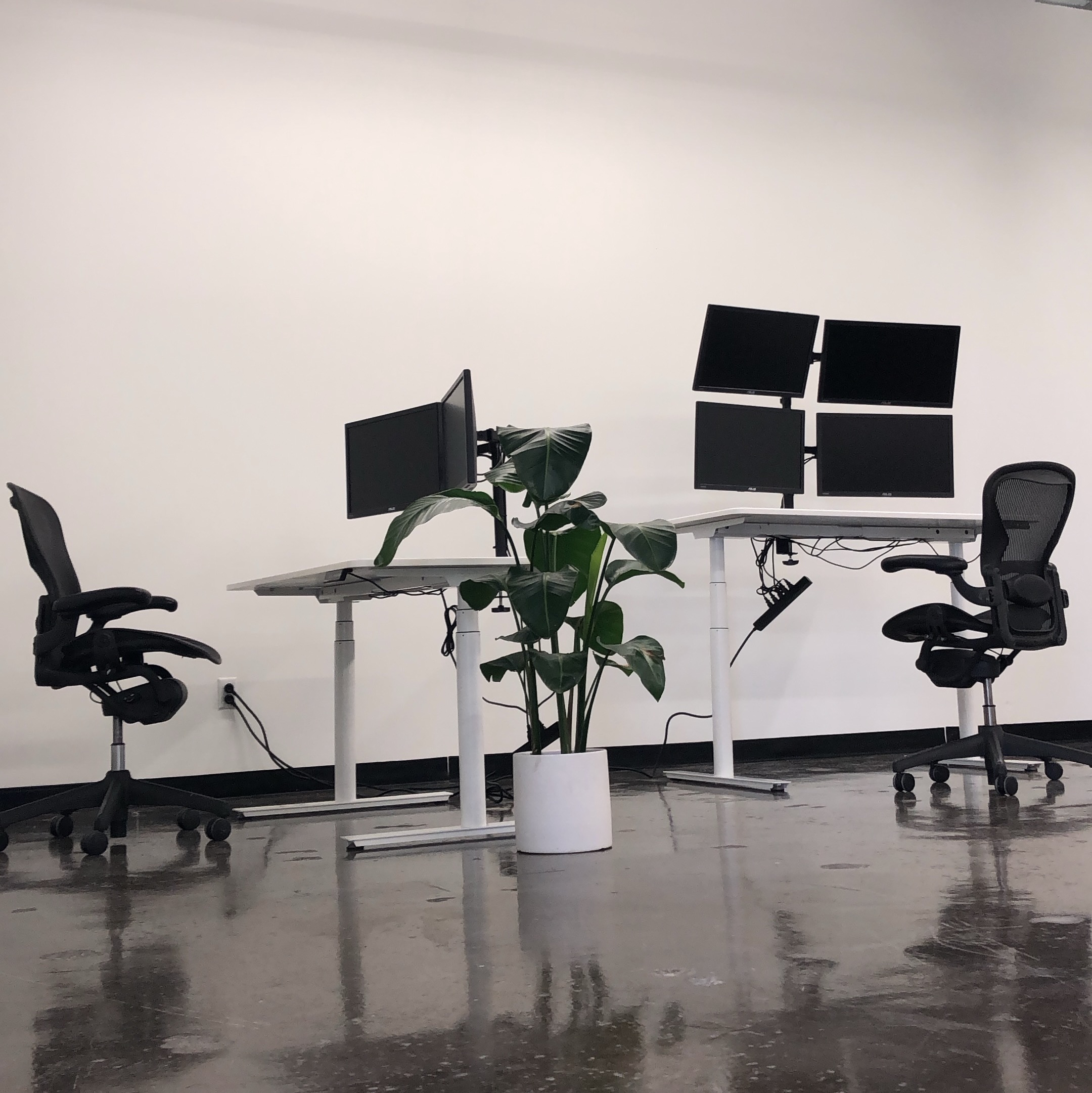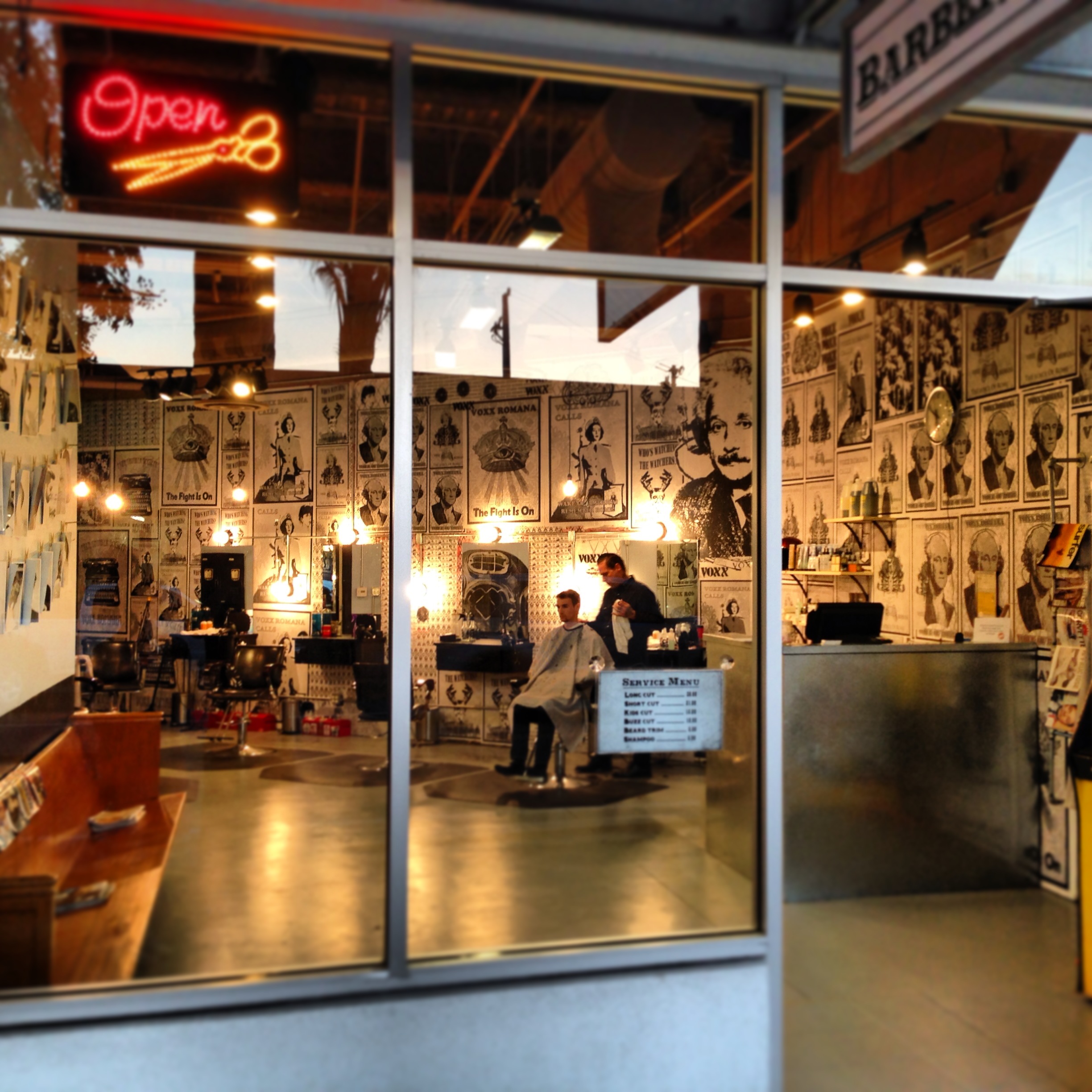The word “abnormalities” stopped me cold during what was supposed to be a routine ultrasound. High-risk pregnancy was not a term that I had thought I would ever hear, but it was now a term being thrown around at each appointment.
Suddenly, the doctor visits weren’t in an office full of smiling, soon-to-be parents. Now, I sat in a room with nervous, fidgeting couples in a waiting area who looked out the windows with blank stares, pondering the choice they might have to make.
It had been six long weeks while we waited for the results. Half of the time was spent waiting to perform the test, and the other half was waiting for what we had hoped would be a negative. The phone call came while walking in the Pearl District in downtown Portland. Taking a seat on a bench, the call was answered on speakerphone, and the words spoken by the doctor became a blur—but I knew the severity.
The birth defects were severe, and the likelihood of the child surviving into adulthood was low. But still, we were left with a choice. The grief of the diagnosis was unshakable, but the choice that needed to be made was even worse.
With tremendous guilt, we made the choice to have an abortion. The shame of the decision was felt deep in my soul. Every waking moment, endless questions would enter my mind—questions that contradicted each other, like “How could a father choose to kill his daughter?” and “Bringing a child into the world with this condition would be cruel.” There was no relief from the spiraling thoughts, even after the decision had been made.
One month later, after what seemed to be a dozen appointments, the pregnancy was over. The trauma of the experience did not bring our marriage together, but instead amplified the cracks that had already existed prior to the pregnancy.
The following month, September, brought not only rain but a separation. The experience was too difficult to talk about with my family, which had already been strained from my father’s death earlier in the year. The loneliness of losing my father, daughter, and marriage all within a six-month period was devastating. That month, I celebrated turning 32 alone and decided to move back to Santa Cruz to focus on a business that had been neglected and was on the verge of bankruptcy.
Showing up to manage the struggling business while pretending everything was okay became too much. The silent wars I fought inside, while outwardly staying strong, led me to escape into alcohol. Drinking had never been an issue for me, but during that time, it became a distraction from the endless thoughts of my choice.
Drinking what was the remainder of a fifth of whiskey and living only a mile and a half from the beach, I stumbled out my door midday on what should’ve been a working Tuesday. My walk was a blur, but entering the beach became clear—as if I’d only drunk water that day. At Capitola Beach, I sat on a rock, looking out at the ocean, asking why so much had been taken from me. Within a year, I had lost my daughter, my father, my marriage, and was knowingly in the decline of a business I would soon have to shut down.
The losses had not made me bitter. Instead, I was mourning. My optimism for the future was still there, but the sadness that filled my heart could not be denied or ignored. As I looked off into the ocean, I turned to my right—and there, beside me, was a pair of toddler shoes designed for a girl. When I had sat on the rock, I hadn’t noticed them, but now they sat perfectly beside me. Tears ran down my face. I had been practicing Buddhism at the time, grounded in detachment and the belief that everything is impermanent. But in that moment, something shifted. I didn’t feel emptiness—I felt presence. I felt her. And I felt, unmistakably, something greater. Whether it was God, spirit, or something beyond words, I knew I was not alone.
That moment became the beginning of my healing—an understanding and acceptance for the loss of my daughter that began to fill my heart. Waves of sadness still hit me from time to time, but they are no longer a tsunami. They are smaller storms now, ones I can weather. Letting go and healing was not an easy path, but I began to see that what life takes from us, it sometimes returns in unexpected ways. Although I had experienced deep pain and suffering, I felt no anger. I knew that this experience—this breaking and quiet rebuilding—would make sense one day, even if I couldn’t yet explain how.
